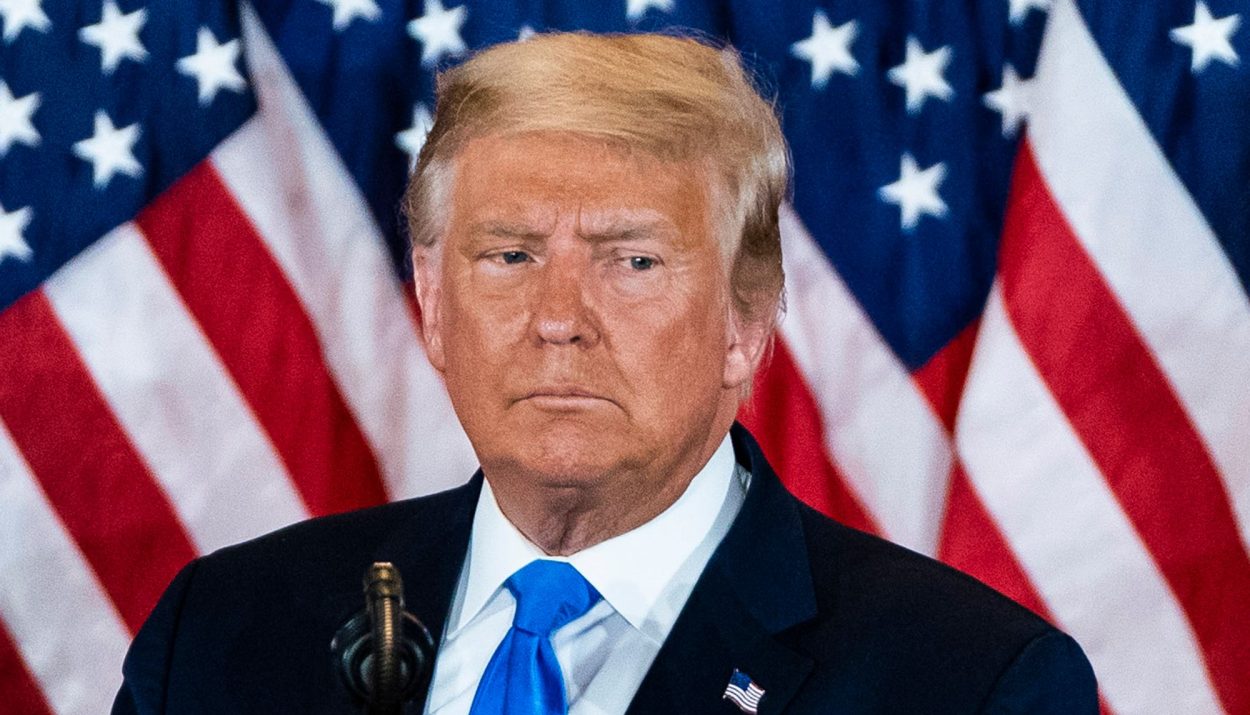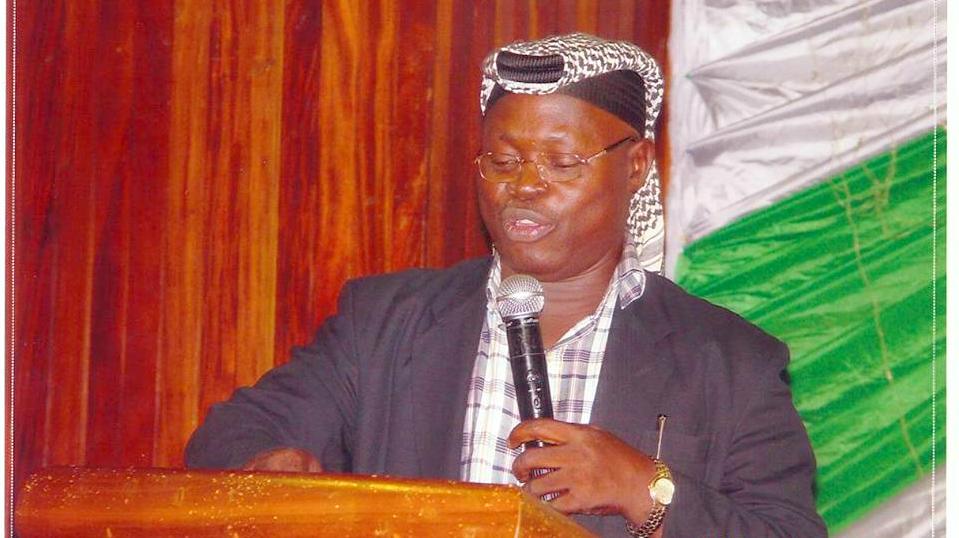In a controversial move, U.S. President Donald Trump has openly criticized Ukrainian President Volodymyr Zelensky, suggesting that Ukraine bears responsibility for the ongoing war with Russia. Speaking at his Mar-a-Lago estate in Florida on February 18, 2025, Trump dismissed Zelensky’s concerns about being excluded from recent U.S.-Russia peace talks in Riyadh, Saudi Arabia. He stated, “Today I heard, ‘Oh, we weren’t invited.’ Well, you’ve been there for three years. You should have ended it three years ago—you should have never started it. You could have made a deal.”
These remarks come in the wake of high-level discussions between U.S. Secretary of State Marco Rubio and Russian Foreign Minister Sergey Lavrov, aiming to explore avenues for ending the nearly three-year conflict in Ukraine. Notably, Ukrainian officials and European allies were absent from these talks, leading to widespread concern and criticism. Zelensky has voiced strong objections to any agreements made without Ukraine’s direct involvement, emphasizing that his country will not accept outcomes determined in its absence.
Trump’s comments have intensified fears among European leaders that the U.S. may push for a peace settlement favoring Russian interests. French President Emmanuel Macron has expressed apprehension over the potential implications of such negotiations, while former UK Defense Minister Ben Wallace warned against appeasement strategies that could undermine Ukraine’s sovereignty.
Additionally, Trump questioned the legitimacy of Zelensky’s leadership, suggesting that Ukraine should hold elections to potentially replace its president. He criticized the ongoing martial law in Ukraine, which has postponed elections, and claimed, “Zelensky has a 4% approval rating,” a figure that contrasts with polls indicating approximately 50% approval.
The exclusion of Ukraine from these critical peace negotiations and the U.S. administration’s stance have raised significant concerns about the future of Ukraine’s sovereignty and the broader geopolitical balance in Eastern Europe.





2 Comments